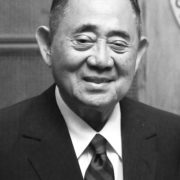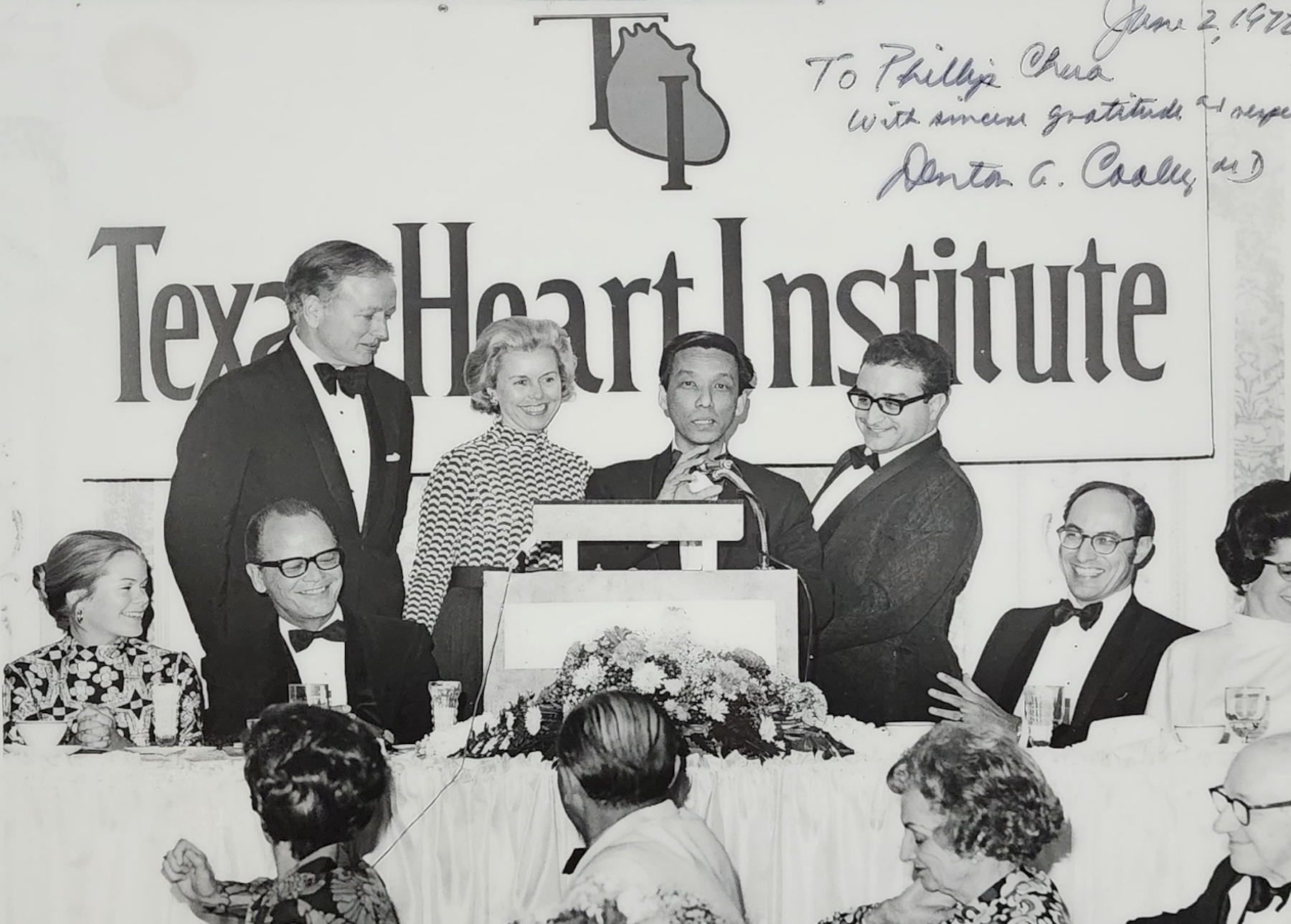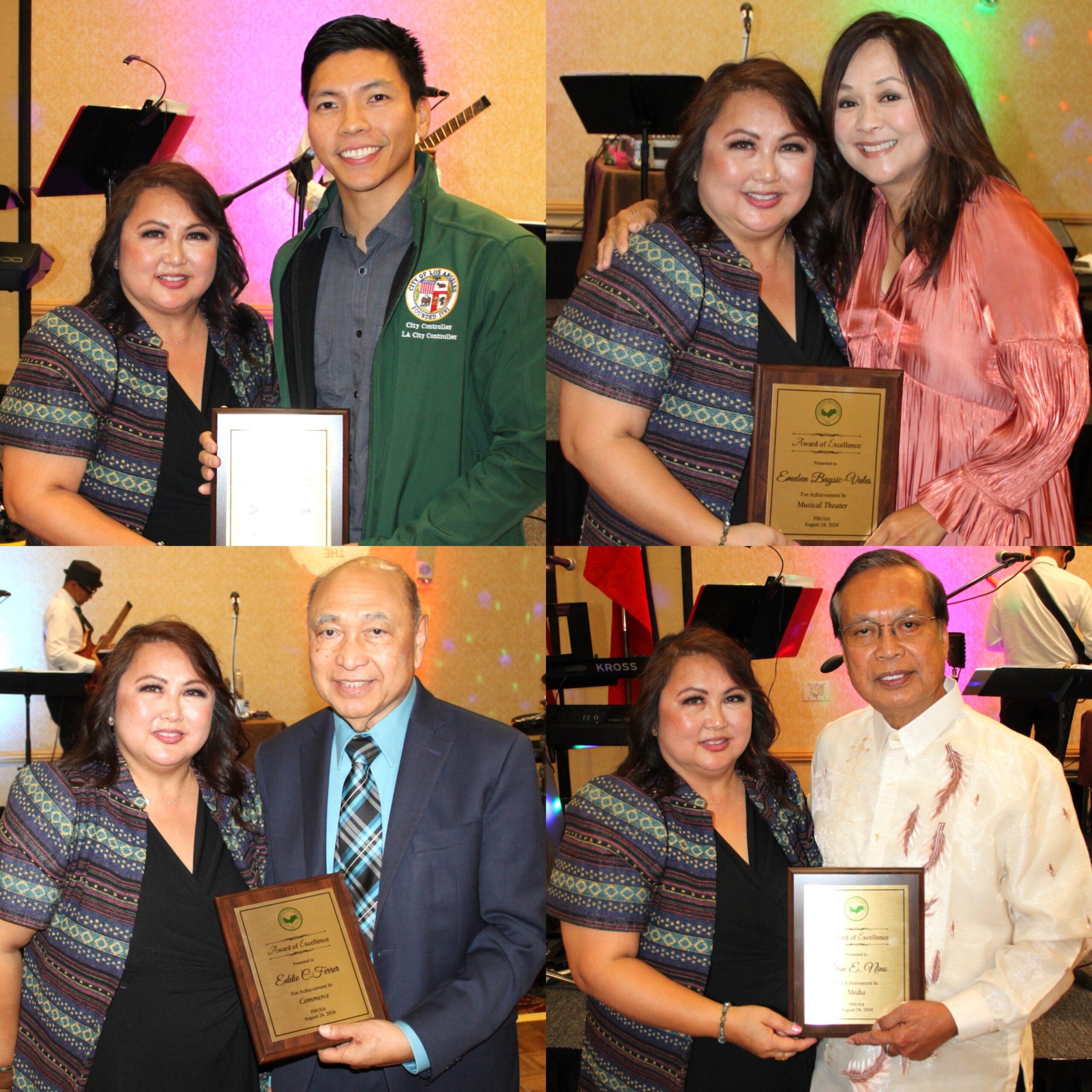(Part 1 of 2)
We were in Paris with wife Gina when former French President Jacques Chirac passed away. He was 86 years old.
World leaders including German Chancellor Angela Merkel, British Prime Minister Boris Johnson, and Russian President Vladimir Putin joined French President Emmanuel Macron in paying tribute to Chirac, with Macron hailing the late two-term President as a “great Frenchman.”
Chirac, one of the most popular public figures in France and Europe, whose political career spanned some 50 years, served his country as president for 12 years, two-time prime minister, mayor of Paris for 18 years, and Cabinet Minister in various capacities. He was also an officer in the French Army during the Algerian War.
The late French leader strongly opposed the U.S.-led war in Iraq in 2003, which was considered by many as one of his most notable foreign policy decisions as president. He was also a steadfast advocate of the European Union.
This columnist as then Speaker of the House of Representatives remembers with honor and gratitude receiving in Paris in 2005 from then President Chirac the prestigious French Legion of Honor, the Grand Cross, which was also previously awarded to President Fidel V. Ramos, President Corazon Aquino, President Manuel Quezon, General and Foreign Minister Carlos P. Romulo, and Press Secretary Teodoro Benigno, who used to work for the Agence France Press (AFP) in Manila.
We are also happy to note that in 2008, as co-president of the French Legion of Honor Association in the Philippines and with then French Ambassador to Manila Gerard Chesnel, we contributed even in a modest way to help rebuild the first Muslim mosque in the Philippines, located in the deep southern Tawi-Tawi, built in the first years of Islam in the Philippines by Muslims from the Arab world and converts in Indonesia and Mindanao.
The mosque was built in 1380, some 141 years before the arrival of the Spanish colonizers in the Philippines in 1521.
Our good friend Ambassador Chesnel and we considered it a “small, humble project but it symbolizes Christian-Muslim solidarity in a strategic isle of the Sulu Sea where Islam began in the Philippines.”
We said to him that while we achieved something noteworthy in the country’s deepest south, we should also consider doing something that could be noteworthy in our country’s farthest north in the Batanes islands. We should talk to our old friend, former Congressman and Secretary Butch Abad, about building a modest memorable project that we and France could perhaps undertake in our farthest north to match our memorable project in the farthest south.
We also regarded the project in the southernmost isle as a “dramatic expression of friendship and confluence of Philippine and French foreign policy.”
We should speak with the new well-regarded French Ambassador Nicholas Galey whether we could again work with France to establish a joint modest project in the farthest north in Batanes to match our modest little work in the deepest south at the end of the Sulu archipelago.
The French Legion of Honor is an order of chivalry established by French Emperor Napoleon Bonaparte in 1802 and is the oldest and highest ranking medal of honor in France.
***
After recovering from flu at a now almost age 83, and missing a speech before the International Conference of Asian Political Parties (ICAPP) in Baku, Azerbaijan three weeks ago, we moved on to the south of France and to Lourdes for a month-long vacation, our first after several years of hectic speaking engagements in the international community. We were with wife Gina, sister-in-law Chona Ampil, stepson Philip Cruz III, business executive Tony Reyes, and our Assistant Joy Cristobal.
We accepted a kind and most enjoyable invitation from the famous couple, Christian Baverey, scion of a great industrialist French family from Lyon and his wife, Tetta Agustin, who is highly-regarded in Europe’s prestigious fashion houses and who continues to do active charity work when she and her husband visit the Philippines every year.
We boarded their yacht Tosca, named after their bright and beautiful daughter, lawyer and successful entrepreneur in Brazil and Portugal, and sailed the Mediterranean with brief stops in Nice, Monaco, the Italian coastal waters of San Remo, Lavagne, Portofino, and Sta. Margherita in the French and Italian Mediterranean.
We wished we sailed further to Athens, Greece where in the mid-70s, we scored a coup as an aggressive entrepreneur by purchasing an old cruise ship, docked in Piraeus, Athens, without an engine, and which we purchased for $5.6-million to house our 3,000 workers in Jeddah for the operation of the Port of Jeddah, then a much-needed project in the mushrooming newly oil-rich Middle East.
The port was so busy that without our army of stevedores and port managers, cargo ships docked offshore had to haul their cargo onshore through helicopters, a most expensive way of stevedoring.
(To be continued next week)




